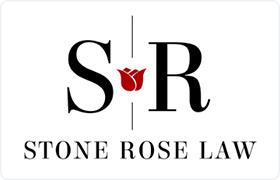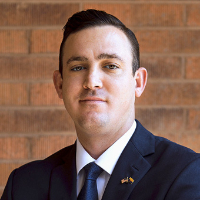Chandler Heights Juvenile Law Lawyer, Arizona
Sponsored Law Firm
-
 x
x

Click For More Info:
-
Stone Rose Law
8010 E McDowell Road Suite 105 Scottsdale, AZ 85257» view mapCriminal Defense High-Quality & Affordable Representation
If you have been charged with a crime, you need experienced representation from a Phoenix criminal lawyer at Stone Rose Law.
800-964-0510
Jeremy S. Geigle
✓ VERIFIEDCriminal, Felony, White Collar Crime, Juvenile Law, Misdemeanor
Jeremy earned his undergraduate degree from the Marriott School of Management at Brigham Young University in 1998. He then attended Pepperdine Univers... (more)
FREE CONSULTATION
CONTACTJohn M Judge
Other, Juvenile Law, Criminal, Personal Injury
Status: In Good Standing Licensed: 23 Years
Rebekah Sharon Bell
Litigation, Family Law, Divorce & Family Law, Juvenile Law
Status: In Good Standing Licensed: 17 Years
Rebekah Sharon Bell
Litigation, Family Law, Divorce & Family Law, Juvenile Law
Status: In Good Standing Licensed: 17 Years
Rebekah Sharon Bell
Litigation, Family Law, Divorce & Family Law, Juvenile Law
Status: In Good Standing Licensed: 17 Years
Mark A Heath
Juvenile Law, White Collar Crime, DUI-DWI, Criminal
Status: In Good Standing Licensed: 17 Years
 Steven Scharboneau Scottsdale, AZ
Steven Scharboneau Scottsdale, AZ Practice AreasExpertise
Practice AreasExpertise

